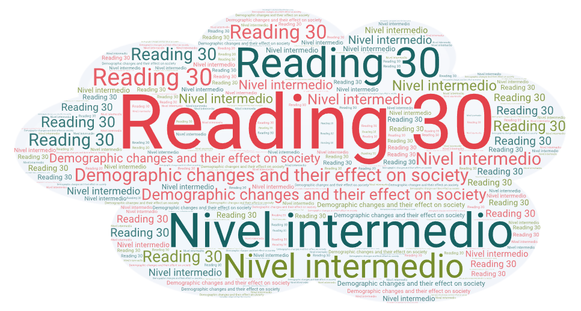Descripción: Descubre cómo los cambios demográficos afectan a la sociedad y responde preguntas clave en nuestro cuestionario. Los cambios en la población tienen un impacto profundo en la economía, la cultura y la política. ¡Pon a prueba tu conocimiento!

Demographic Changes and Their Effect on Society
Demographic changes, the shifts in a population's size, structure, and distribution, have a profound impact on society. These changes can result from various factors, including birth rates, death rates, immigration, and emigration. In this reading, we will explore the effects of demographic changes on society and the challenges they present.
Firstly, it's important to understand the connection between demographic changes and economic development. As the population ages, with a growing number of elderly individuals, there is an increased demand for healthcare services and pensions. This places a strain on government resources, potentially leading to increased taxes or reduced services for other segments of the population.
Secondly, the age distribution within a society affects the workforce. An aging population can lead to a shortage of skilled labor, potentially slowing down economic growth. In contrast, a youthful population can bring energy and innovation to the workforce, driving economic progress.
Thirdly, changes in population size can impact education systems. A rapidly growing population may require additional schools and teachers, while a declining population may lead to school closures and job losses in the education sector.
Furthermore, demographic changes influence cultural and social norms. A more diverse population, resulting from immigration, can enrich a society with different traditions and perspectives. However, it can also create tensions and challenges as different cultural groups interact and adapt to one another.
In addition, demographic changes play a role in political dynamics. Changes in population size and distribution can lead to shifts in political power, as constituencies change. Politicians often need to adapt their policies to cater to the evolving needs and preferences of the electorate.
Moreover, the healthcare system is greatly affected by demographic changes. As the population ages, there is an increased demand for healthcare services, which can strain the healthcare system and lead to longer waiting times for medical care.
In summary, demographic changes are a complex phenomenon with far-reaching effects on society. They impact economic development, the workforce, education, cultural norms, political dynamics, and healthcare systems. Understanding these changes and their implications is crucial for policymakers and society as a whole.
Now, let's test your understanding with some questions:
